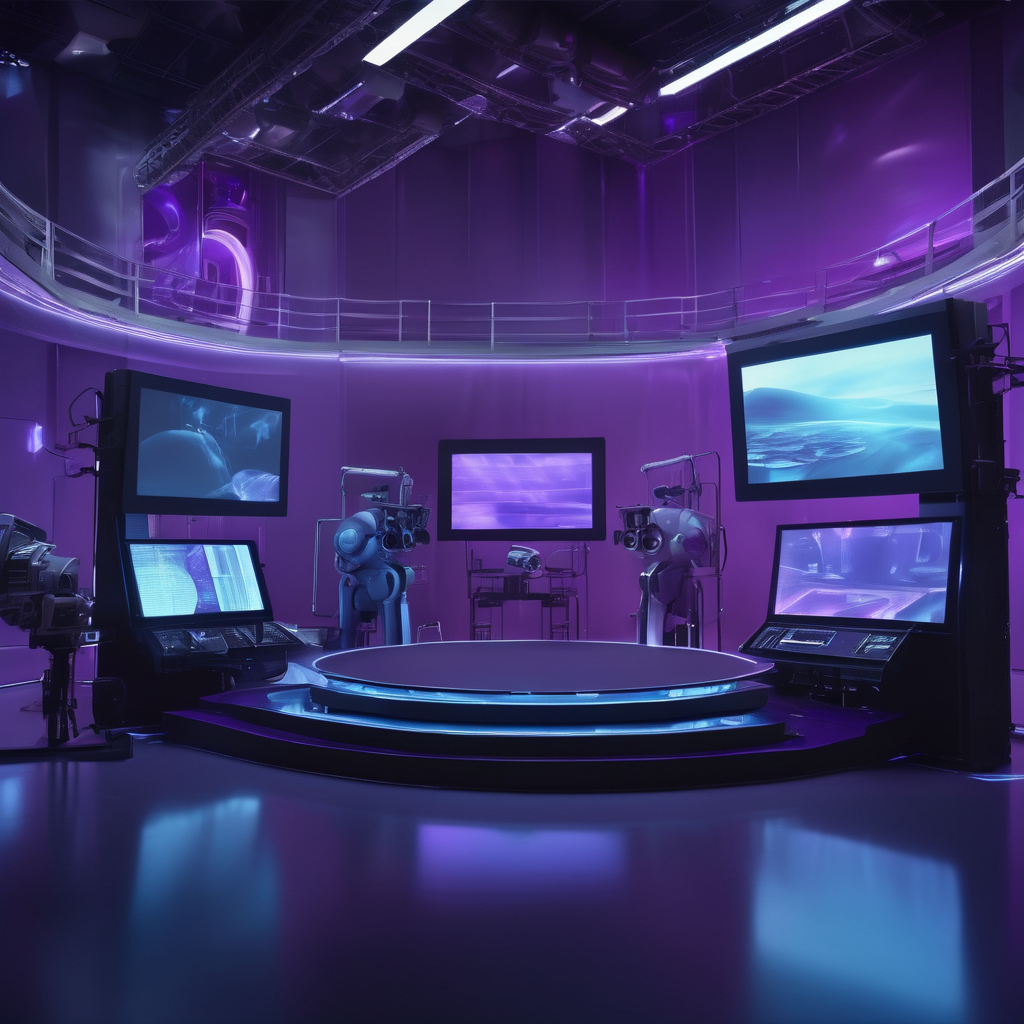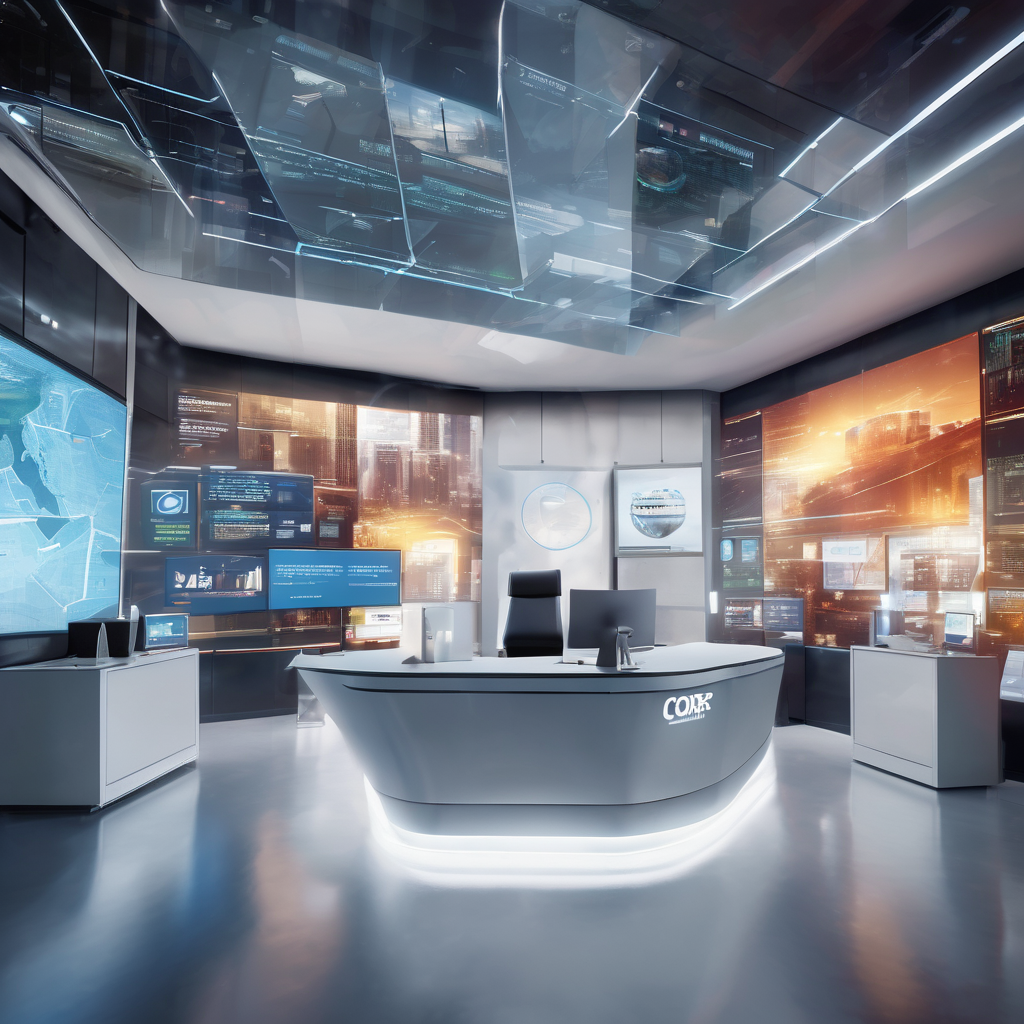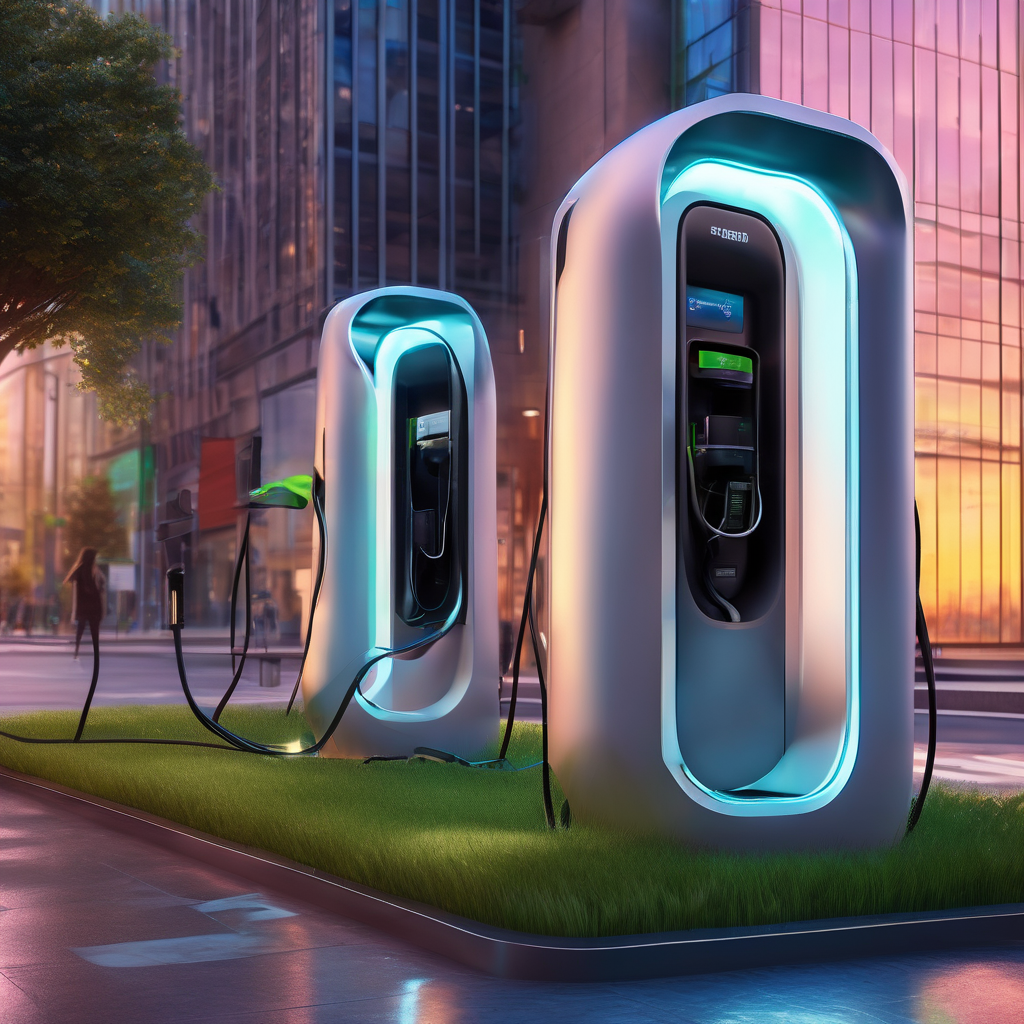
Paramount Pictures recently released a promotional trailer for its upcoming film 'Novocaine' that faced significant backlash due to its use of an AI-generated voiceover. Intended to generate excitement for the movie, the promo instead drew criticism from viewers and industry observers who found the artificial voice to be robotic, low quality, and lacking the emotional nuance expected in professional film promotions. Many likened the AI narration to the impersonal and often irritating style common in low-quality spam videos on social media, which undermined Paramount’s marketing efforts and sparked calls to revert to human voice actors capable of delivering authenticity and emotional depth. The decision to employ AI voiceover reflects a growing industry trend of leveraging artificial intelligence as a cost-effective and efficient content creation tool. However, in this case, the experiment backfired, as negative audience reactions overshadowed positive aspects of the promo such as its cinematic visuals and intriguing storyline. Industry experts acknowledge AI’s potential for innovation and automation in film marketing but emphasize that the technology has yet to mature enough to replicate the subtlety and expressiveness of human voice acting. The robotic tone and pacing in the ‘Novocaine’ trailer disrupted the immersive experience, leaving viewers disconnected from what might otherwise have been a compelling preview. Social media quickly became a platform for critiques, with many expressing disappointment that a high-profile film promo employed an artificial voice that felt out of place. The backlash highlighted the critical role of genuine human connection in captivating audiences through emotionally charged content such as movie trailers. Paramount has not yet responded publicly to the controversy, but the incident acts as a cautionary tale for filmmakers and marketers eager to adopt AI technologies without fully addressing audience expectations or the current limitations of AI in creative roles. Beyond this specific case, the ‘Novocaine’ promo controversy raises broader questions about AI’s role in the entertainment industry. While studios seek to control costs and speed up production by integrating AI, balancing technological advances with quality assurance remains a serious challenge. Authenticity remains highly valued by viewers, especially in marketing materials designed to tease and excite.
Experts suggest that, in time, AI-generated voice technology may convincingly emulate human speech patterns and emotional expression, but until then, human voice actors are essential for producing promotional content that resonates deeply. The negative response to Paramount’s AI-enhanced promo underscores the enduring importance of the human element in entertainment marketing. It is likely the film’s marketing team will reconsider their approach to ensure future campaigns align with audience expectations for quality and engagement. Despite this setback on social media, Paramount continues to promote 'Novocaine' through traditional means such as cast and crew interviews, behind-the-scenes features, and localized ads featuring human narrators. Fans and critics alike are eager to assess the film’s merits upon release, hoping the voiceover controversy does not overshadow the movie itself. This episode also illuminates broader ethical and creative challenges regarding AI integration in content production. As technology advances, creators must carefully balance innovation with preserving the artistry that emotionally connects with viewers. Paramount’s experience serves as a learning moment for the industry about the pitfalls of premature AI adoption without adequate quality control. Moving forward, studios and marketing agencies must critically evaluate AI-generated content, investing in thorough testing and refinement prior to public release. Ensuring AI complements rather than diminishes human creativity will be crucial to unlocking its full potential. In summary, Paramount Pictures’ use of AI-generated voiceover in the ‘Novocaine’ trailer has drawn considerable criticism for its robotic delivery and lack of genuine human warmth. This event highlights the current limitations of AI in creative fields and reinforces the vital role of human involvement in crafting emotionally compelling entertainment experiences.
Paramount Faces Backlash Over AI Voiceover in 'Novocaine' Trailer


News Corp has released its financial results for the first quarter of fiscal year 2026, reporting strong revenue figures that highlight the company’s ongoing transformation and growth strategy.

Anthropic, a leading U.S.-based AI startup founded in 2021 by former OpenAI employees, has announced plans to expand its European presence by opening new offices in Paris and Munich.

One notable development in SEO and digital media is the shift from keyword-based search to intent-driven, conversational interactions with intelligent AI systems.

Believe it or not, yet another right-wing news outlet has been duped by an obvious AI-generated clip created to disparage poor people who are struggling to buy food because their food stamps have been suspended.

A pioneering AI company has recently launched a revolutionary cybersecurity solution aimed at safeguarding enterprise networks against an expanding range of increasingly sophisticated cyber threats.

NEW YORK, Nov.

The integration of artificial intelligence (AI) into search engine optimization (SEO) is rapidly reshaping digital marketing.
Launch your AI-powered team to automate Marketing, Sales & Growth

and get clients on autopilot — from social media and search engines. No ads needed
Begin getting your first leads today